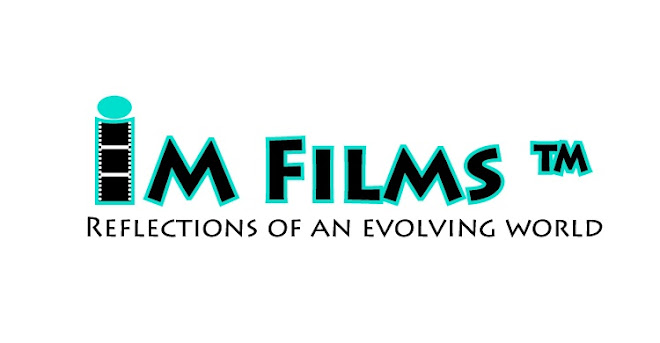iM Films is seeking Fiscal Sponsors
Fiscal Sponsorship
Though daunting, raising money to make a film is not an impossible task, and fiscal sponsorship can be an invaluable means to securing funding. Depending on the nature of your project, you may want to consider affiliation with a tax-exempt organization in order to broaden your base of potential support.
By partnering with an established 501(c)(3) organization, artist-driven projects with nonprofit goals can apply for grants and solicit tax-deductible donations to support their work. The Sponsor’s tax-exempt status, which includes board oversight, inspires donor confidence because the sponsoring organization has a recognized charitable purpose, has a structure for accomplishing its goals, and is accountable to the public.
In this type of arrangement, a nonprofit would act as your fiscal agent, receiving and administering the grant (or donation) for you. It is important that you begin looking for a sponsor at the same time that you start researching potential grantmakers and/or donors.
In some cities, media-related nonprofit organizations provide fiscal sponsorship as a core service. Alternatively, a filmmaker can find a nonprofit organization whose work complements the purpose and/or constituency of the proposed project. For example, a historical society might be willing to be the fiscal sponsor of a documentary about World War II veterans.
At minimum, the Sponsor signs grant contracts, receives the awarded funds, sets up an account for the Project, writes checks, and issues the charitable donation receipts required by the Internal Revenue Service. But a Sponsor may take a much larger role. It could be an active fundraising partner, provide space or equipment or offer consultation services.
In return for its services, the Sponsor usually takes an administrative fee, which can range from 2 percent to 15 percent (or more) of monies received on behalf of the Project. Although fees vary, 5 percent to 10 percent is generally considered typical and fair.
The key to understanding fiscal sponsorship is that there are three players — the Project (an artist, artists’ collaboration or emerging arts organization), the Sponsor (a tax-exempt organization) and the Grantmaker (corporation, foundation, federated campaign, government arts agency or individual arts patron) — and the players must be clear about their expectations and responsibilities. In addition, those working on the Project must be willing to submit a detailed proposal to a Grantmaker and then execute the Project as outlined in the proposal. Some artists find this arrangement too restrictive.
Typically, the filmmaker begins the process by identifying a potential funding source. But the legal status of the Project is an obstacle because most foundations, corporations and government arts funding agencies restrict their grantmaking to tax-exempt organizations. So the filmmaker must find a Sponsor — commonly called an “umbrella” or “fiscal agent” — an organization with 501(c)(3) status that will sign on as a sort of chaperone, lending its tax-exempt status to the Project and providing the oversight required by the donor.
All too often this relationship is formed in haste, with little foresight or judgment. Unfortunately, the way some artists approach the need for a fiscal sponsor might be likened to some teens lurking around a movie theatre ticket line, desiring admition to an R-rated movie, and looking for an adult who will accompany them into the theatre. As soon as the tickets are sold, they ditch the adults.
Similarly, some artists mistakenly believe their relationship with a fiscal sponsor to be just as disposable – after the sponsor signs the grant application they can simply wave goodbye and enjoy the benefits of the grant. Other artists are less casual, but might – along with the Sponsor – misunderstand crucial aspects of the relationship, and make assumptions at the outset that cause trouble down the road.
A story: An organization that promotes literacy agrees to sponsor a filmmaker whose project is a documentary on the problems faced by illiterate adults. The filmmaker submits the documentary on time, but the Sponsor isn’t happy with its content and the filmmaker refuses to alter it. The dispute prevents the film from ever being released, damages the Sponsor’s relationship with the Grantmaker and likely discourages all three parties from ever again considering fiscal sponsorship.
Fiscal sponsorship offers tremendous opportunities for experimentation, diversity, social change, collaboration and a willingness to support the work created by artists who are not normally or regularly employed by nonprofit organizations or major cultural institutions.
Sunday, June 14, 2009
Subscribe to:
Post Comments (Atom)



1 comment:
Hi,
• We have just added your latest post "iM Films Partnership Opportunity" to our Directory of Grant Programs . You can check the inclusion of the post here . We are delighted to invite you to submit all your future posts to the directory for getting a huge base of visitors to your website and gaining a valuable backlink to your site.
Warm Regards
Project Grant Team
http://projectgrant.info
Post a Comment